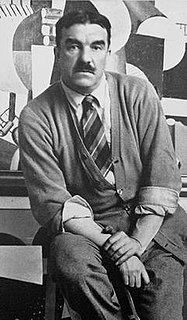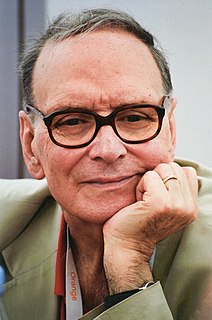A Quote by David Cronenberg
Art forms of the past were really considered elitist. Bach did not compose for the masses, neither did Beethoven. It was always for patrons, aristocrats, and royalty. Now we have a sort of democratic version of that, which is to say that the audience is so splintered in its interests.
Related Quotes
How did scientists get money in the past? They were either lucky and independently wealthy, like Darwin, or they had patrons, like Galileo. Universities or governments have become patrons only in the last few generations. Many of the great scientists of the past were in debt to their patrons in the same sense that modern scientists are influenced by what their granting agencies want.
The feat of superbly imitating a muscle, as Michelangelo did, or a face, as Raphael did, created neither progress nor a hierarchy in art. Because these artists of the sixteenth century imitated human forms, they were not superior to the artists of the high periods of Egyptian, Chaldean, Indochinese, Roman, and Gothic art who interpreted and stylized form but did not imitate it.
As far as piano players are concerned, Oscar Peterson is my very favorite. I also like McCoy Tyner. I think that the big jazz stars, both now and in the past...how shall I say it? These guys are as great as Bach, Beethoven; all of them. People don't know it yet. If jazz survives and is put on a pedestal as an art form, the same as classical music has been through the years, a hundred years from now the kids will know who they were, with that kind of respect.
My father and I were always on the most distant terms when I was a boy--a sort of armed neutrality, so to speak. At irregular intervals this neutrality was broken, and suffering ensued; but I will be candid enough to say that the breaking and the suffering were always divided up with strict impartiality between us--which is to say, my father did the breaking, and I did the suffering.
You said, 'I love you.' Why is it that the most unoriginal thing we can say to one another is still the thing we long to hear? 'I love you' is always a quotation. You did not say it first and neither did I, yet when you say it and when I say it we speak like savages who have found three words and worship them. I did worship them but now I am alone on a rock hewn out of my own body.
In the Leach Pottery we did most of our work on the wheel. [Bernard] Leach did a little work in the studio, which was press-molded forms, plastic clay pressed into plaster forms to make small rectangular boxes and some vase forms, which he liked to make. These were molds which had been made to an original that he had modeled in solid clay, and during our work there, sometimes I would be pressing these forms as a means of production.
The establishment of inner harmony is to be attained neither in the past nor in the future, but where the past and future meet, which is the now. When you have attained that point, neither future nor past, neither birth nor death, neither time nor space exist. It is that NOW which is liberation, which is perfect harmony, to which the men of the past and the men of the future must come.
The world is wrong. You can't put the past behind you. It's buried in you; it's turned your flesh into its own cupboard. Not everything remembered is useful but it all comes from the world to be stored in you. Who did what to whom on which day? Who said that? She said what? What did he just do? Did she really say that? He said what? What did she do? Did I hear what I think I heard? Did that just come out of my mouth, his mouth, your mouth? Do you remember when you sighed?
I come from a family in which music was important, especially German music - from I come from a family in which music was important, especially German music - from Johann Sebastian Bach to Ludwig van Beethoven. I played a lot of piano, mostly Bach. I really loved Glenn Gould's interpretations. to Beethoven. I played a lot of piano, mostly Bach. I really loved Glenn Gould's interpretations.
It was really executed well, from the art direction to the wardrobe to everyone else. And I have to say, two really exceptional directors who did three each. Roxann [Dawson] did the first three and Jeremy [Webb] did the second three. And I think they really were very meticulous in getting the right tone because it is both. It isn't dour and it isn't grim, but it's not a romp either. It's truthful and it has room for both of those things.
[Ho Chi Minh] was always conscious that conditions in China and Vietnam were not always the same. He "kowtowed" to the Chinese - as he had to the Soviet Union - in order to receive their assistance, but he quietly worked to limit those forms of influence of which he did not approve (such as the harsh forms of land reform and the Great Leap Forward). Unfortunately, he was not always successful in fending off those forms of external advice that he didn't agree with.





































